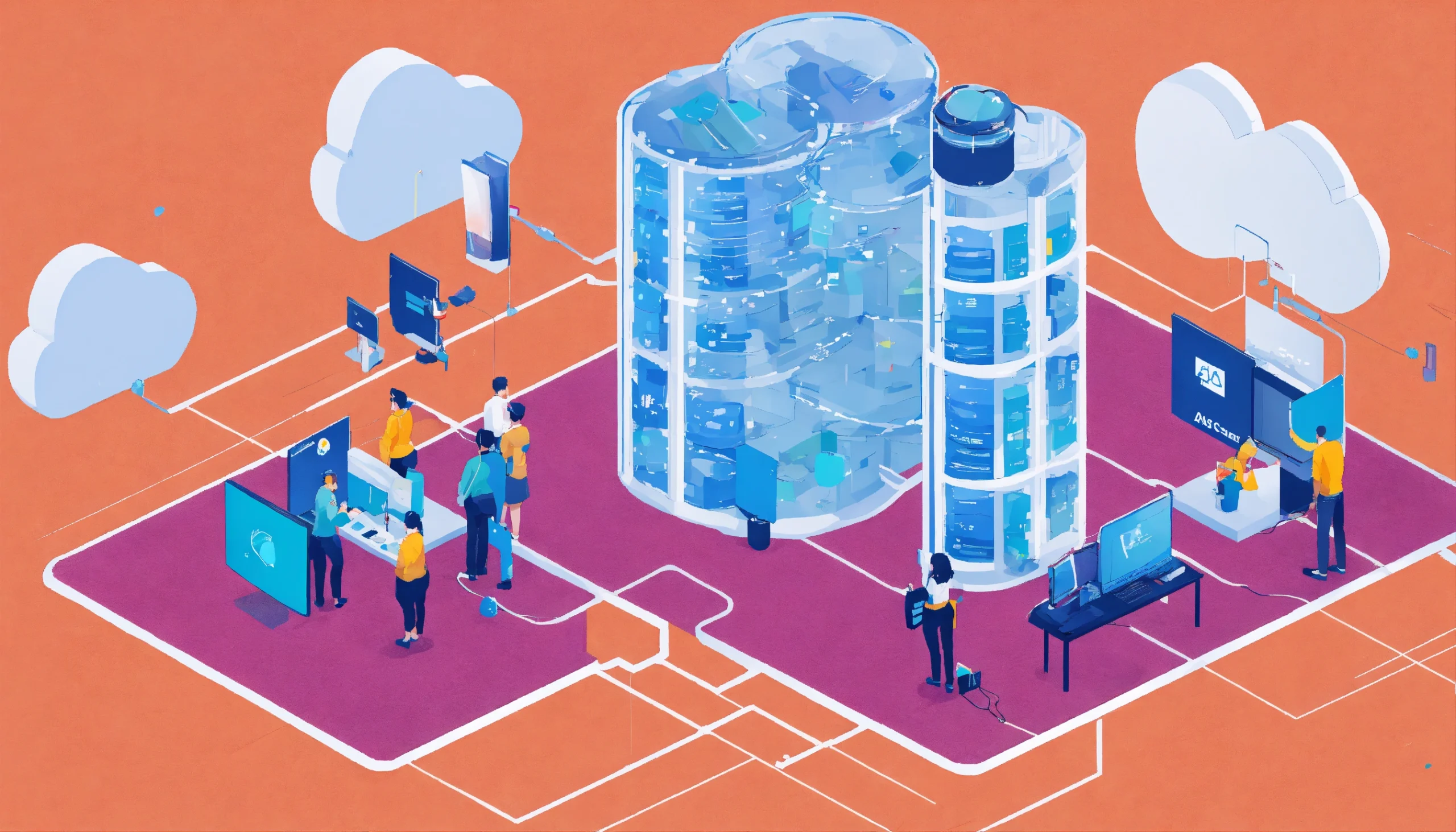You value privacy in today’s digital age, but the cloud poses unique challenges. Understanding how your data is stored and protected is crucial. From encryption to compliance regulations, this blog will equip you with the imperative knowledge to safeguard your information in the cloud. Stay informed and proactive about your data privacy to navigate the online world securely.
Cloud Computing and Data Privacy
The Rise of Cloud Computing
As technology continues to advance, businesses are increasingly turning to cloud computing for its efficiency and flexibility. Cloud computing allows you to store and access data and applications over the internet instead of on your local hard drive. This shift has revolutionized the way organizations operate, enabling remote work, scalability, and cost savings.
Data Privacy Concerns in the Cloud
Anytime you entrust your data to a third-party cloud service provider, there are inherent privacy risks involved. Cloud providers are responsible for securing vast amounts of sensitive information, making them attractive targets for cyber attacks. Your data could potentially be exposed or compromised if adequate security measures are not in place.
Concerns about data privacy in the cloud are valid and should not be taken lightly. However, many reputable cloud service providers implement stringent security protocols to protect your information. It is important to thoroughly research and choose a trusted provider with a proven track record of prioritizing data privacy and security.
Data Protection Regulations
If you are storing data in the cloud, it is imperative to understand the various data protection regulations that govern how organizations handle sensitive information. Non-compliance with these regulations can result in severe penalties, including hefty fines and damage to your reputation.
General Data Protection Regulation (GDPR)
General Data Protection Regulation (GDPR) is a comprehensive data privacy regulation that aims to protect the personal data of individuals within the European Union (EU). If you are dealing with the personal data of EU citizens, compliance with GDPR is non-negotiable. Under GDPR, you are required to secure the personal data you collect, process, and store, and you must also obtain explicit consent from individuals before processing their information.
Health Insurance Portability and Accountability Act (HIPAA)
Any organization that handles protected health information (PHI) in the United States must comply with the Health Insurance Portability and Accountability Act (HIPAA). HIPAA regulations are designed to protect the confidentiality and security of PHI and ensure the smooth flow of health information when individuals change jobs or health insurance providers.
With HIPAA compliance, you need to implement strict security measures such as access controls, encryption, and regular audits to safeguard PHI against unauthorized access or disclosure.
Cloud Service Providers’ Role
Data Encryption and Access Control
One necessary aspect of data privacy in the cloud is the implementation of data encryption and access control by Cloud Service Providers (CSPs). Data encryption helps protect your sensitive information by encoding it in a way that only authorized parties can access. With access control, CSPs can limit who has permission to view or modify your data, adding an extra layer of security.
Compliance and Certification
Role of Cloud Service Providers (CSPs) in ensuring data privacy also involves compliance with industry regulations and obtaining certifications to demonstrate their commitment to protecting customer data. Compliance with standards such as GDPR, HIPAA, or ISO 27001 is crucial for CSPs to guarantee that they meet specific requirements regarding data privacy and security.
Data encryption and access control measures implemented by CSPs are vital in safeguarding your data from unauthorized access. Their proactive approach to compliance and certification ensures that they adhere to industry best practices, giving you peace of mind that your data is being handled securely.
Risks and Threats
Data Breaches and Leaks
Unlike traditional on-premises data storage, storing your data in the cloud opens up the possibility of data breaches and leaks. Data breaches occur when unauthorized parties gain access to your sensitive information, while data leaks involve the accidental exposure of data to unintended recipients.
Insider Threats and Human Error
Leaks can also arise from insider threats and human error. Insider threats occur when individuals within an organization intentionally or unintentionally misuse their access to sensitive data. Human error, on the other hand, involves mistakes such as misconfigurations or accidental deletion of data that can lead to security vulnerabilities.
With insider threats and human error, it is crucial to implement proper access controls, regular monitoring, and employee training to minimize the risks associated with these internal vulnerabilities.
Best Practices for Data Privacy
Data Minimization and Anonymization
Privacy is key when it comes to handling data in the cloud. All data should be minimized to only what is necessary for the task at hand. This means you should avoid collecting excess data that is not relevant to the purpose. By anonymizing data, you can further protect the privacy of individuals in case of a breach.
Regular Security Audits and Risk Assessments
Best practices for data privacy include conducting regular security audits and risk assessments. This involves assessing your current security measures, identifying potential vulnerabilities, and taking steps to address them. By regularly evaluating and updating your security protocols, you can stay ahead of emerging threats and ensure the safety of your data.
Risk: The importance of regular security audits and risk assessments cannot be overstated. By proactively identifying and mitigating risks, you can prevent data breaches and unauthorized access to sensitive information. This proactive approach is critical in maintaining the trust of your customers and protecting your reputation.
Emerging Trends and Technologies
Despite the challenges posed by data privacy in the cloud, there are emerging trends and technologies that aim to address these issues. For example,
Artificial Intelligence and Machine Learning
have shown great promise in enhancing data privacy measures. By utilizing AI and ML algorithms, organizations can detect and respond to potential security threats in real-time. These technologies can also help in encrypting sensitive data and implementing access controls based on user behavior patterns.
Blockchain and Distributed Ledger Technology
For, an innovative approach to data privacy is being developed. Blockchain technology offers a decentralized and secure way to store and manage data, making it difficult for unauthorized parties to access or manipulate information. Additionally, the use of smart contracts can automate data privacy protocols, ensuring that your information is protected at all times. An added benefit of blockchain technology is the transparency it provides, allowing you to track who has accessed your data and when.
Understanding the potential of Blockchain and Distributed Ledger Technology is crucial in enhancing your data privacy efforts. By incorporating blockchain solutions into your cloud environment, you can establish a more secure and trustworthy infrastructure for storing and managing sensitive information. This technology not only mitigates the risks of data breaches but also promotes accountability and transparency in how your data is handled.
To wrap up
With these considerations in mind, it is crucial for you to understand the importance of data privacy when utilizing cloud services. By being aware of the potential risks and taking proactive measures to secure your data, you can protect yourself and your information from falling into the wrong hands.
Remember to always prioritize data encryption, use strong authentication methods, and regularly update your security protocols to stay ahead of potential threats. By staying informed and vigilant, you can safely navigate the digital landscape and enjoy the benefits of cloud technology without compromising your privacy.





